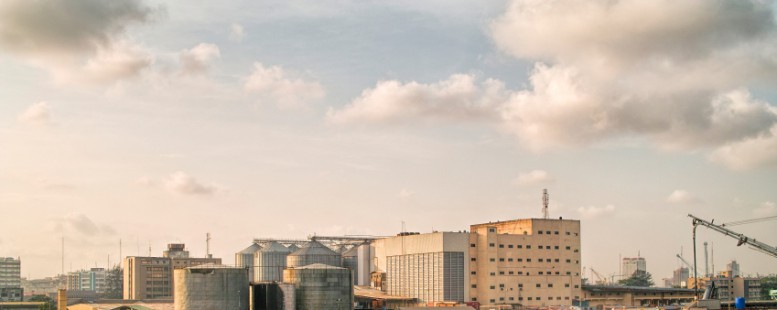Our Opinion: 2015
Crucial countdown to Nigeria’s election

Elections in Nigeria take place on 28th March, having been originally planned for early February. They take place against a backdrop of financial turmoil caused by the collapse in the oil price, in a country that gets 75% of its income from oil taxes. The currency is plunging and there are fears of a constitutional crisis and the potential for election-related violence.
A senior government official recently told the Financial Times, anonymously, “If you wanted to create a perfect storm in Nigeria, this is how you would set it up. We are facing an existential national crisis and yet we are not able to mobilise and come together.”
BCA Research (who have been carrying out independent investment research since 1949) said recently that Nigeria has “basically squandered away its oil bonanza of the past decade. It has failed to channel its oil windfall into infrastructure and productive capacities. As a result, the economy remains extremely dependent on swings in global oil markets.” Notionally, Nigeria’s oil sector accounts for 13% of its Gross Domestic Product, whilst the service sector accounts for 40%. However, in reality, oil revenues have been key to supporting growth and maintaining social order. BCA concludes “without oil…. Government spending would be much smaller, interest rates much higher, and the currency’s valuation much lower.”
This election could make a real difference, but that depends on whether the winner is serious about tackling issues such as poor infrastructure, and taking on corruption. The widely respected former Governor of the Central Bank, Lamido Sanussi, was sacked last year after exposing a multi-billion dollar subsidy racket involving the state oil company. His dismissal sent a clear message that Jonathan’s government was not committed to transparency and led to a surge in support for the opposition candidate, Buhari.
The President insists he will step down if beaten fairly. If so, it will be the country’s first such constitutional transfer of power, and give a welcome boost to democracy in the region. But some analysts fear that elements in the ruling People’s Democratic Party will do all they can to prevent Buhari gaining power. In the event of ethnic or religious violence, the army (potentially with divided loyalties and pinned down by Boko Haram) might have difficulty containing conflict.
Although Nigeria is Africa’s biggest economy, it has a poor rail and road network and an appalling electricity supply. The need for diesel generators drives up the costs of doing business and high inflation also damages competitiveness. When compared to other fast-growing developing economies, health and education are poor. BCA’s view on its infrastructure shortcomings leads it to report that all this “totally undermines the popular notion that Nigeria’s burgeoning middle class will be able to turn the country into a consumer powerhouse.”
All of this means that that the future of Nigeria itself is at stake in the coming weeks, with enormous implications for the economy of the entire region – and its stability.
